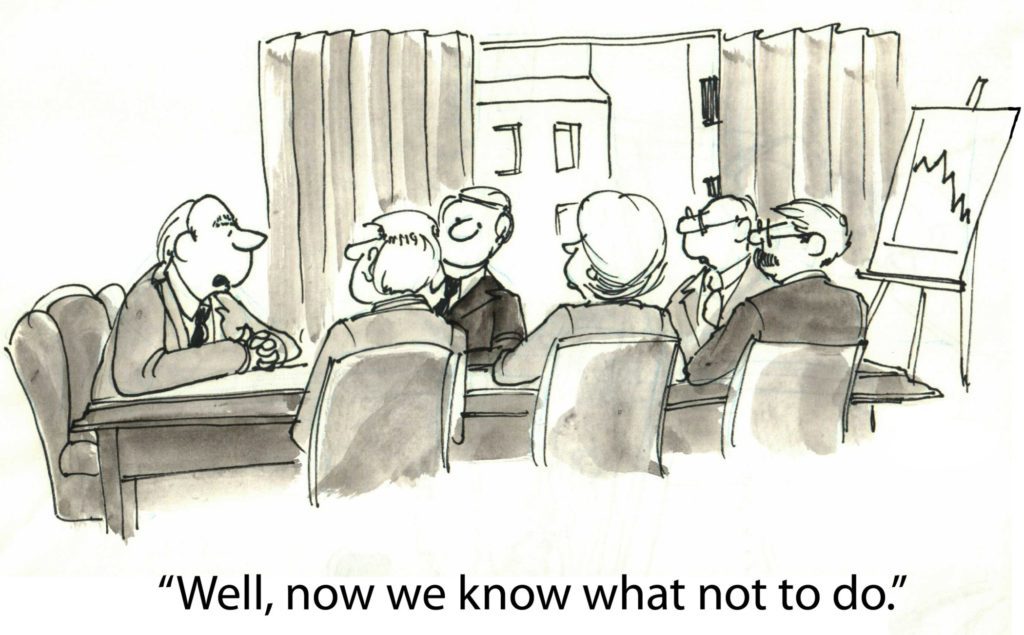Field Report: PDF.sucks
As part of our on-going series of conversations with .sucks registrants, I spoke recently with Aaron Osher, who, by day, is in charge of experimental marketing for Windrush (www.windrush.org) in upstate New York. But by night (and day, too) is the energy behind www.PDF.sucks, an innovative approach to promoting Windrush’s new Software as a Service platform which allows even doctors, lawyers and bankers to create technically adept, interactive, data-driven stories and reports. Think of it, he says, as the “anti-PDF.” The company is about two years old and hopes to remake the cumbersome, human resource heavy and technically demanding methods of visualizing data for business insight used today. As Osher puts it, “We want to replace PDFs and the army of people that surrounds them.” The goal, he says, it to “tell meaningful stories with data” by “visualizing and contextualizing” the information. The point is well-made on the company’s website: “We help you and your organization share data through easy-to-build, engaging and interactive online documents, without sacrificing quality.“ So, I get the PDF, but why .sucks? “We wanted to be a little edgier,” Osher said. “Tasked to test experimental marketing and in line with our anti-PDF stance, we looked to the new gTLDs for the right voice and hit upon .sucks.” he said. Marketing the site, which relies on a herd of hippos (yes, hippos) to do the heavy lifting, is being done primarily through the social media channels Windrush has been building. At PDF.sucks, a user can upload a PDF and the hippos will transform it using the Windrush platform. Osher thinks when people see the two formats side-by-side, the hippos will dance victorious. We should be able to feel that even here! If it is true that most people learn by seeing in a context they recognize, Osher and his colleagues have a real shot at redesigning the face of business and financial reports. They have our attention and hope for their every success.



